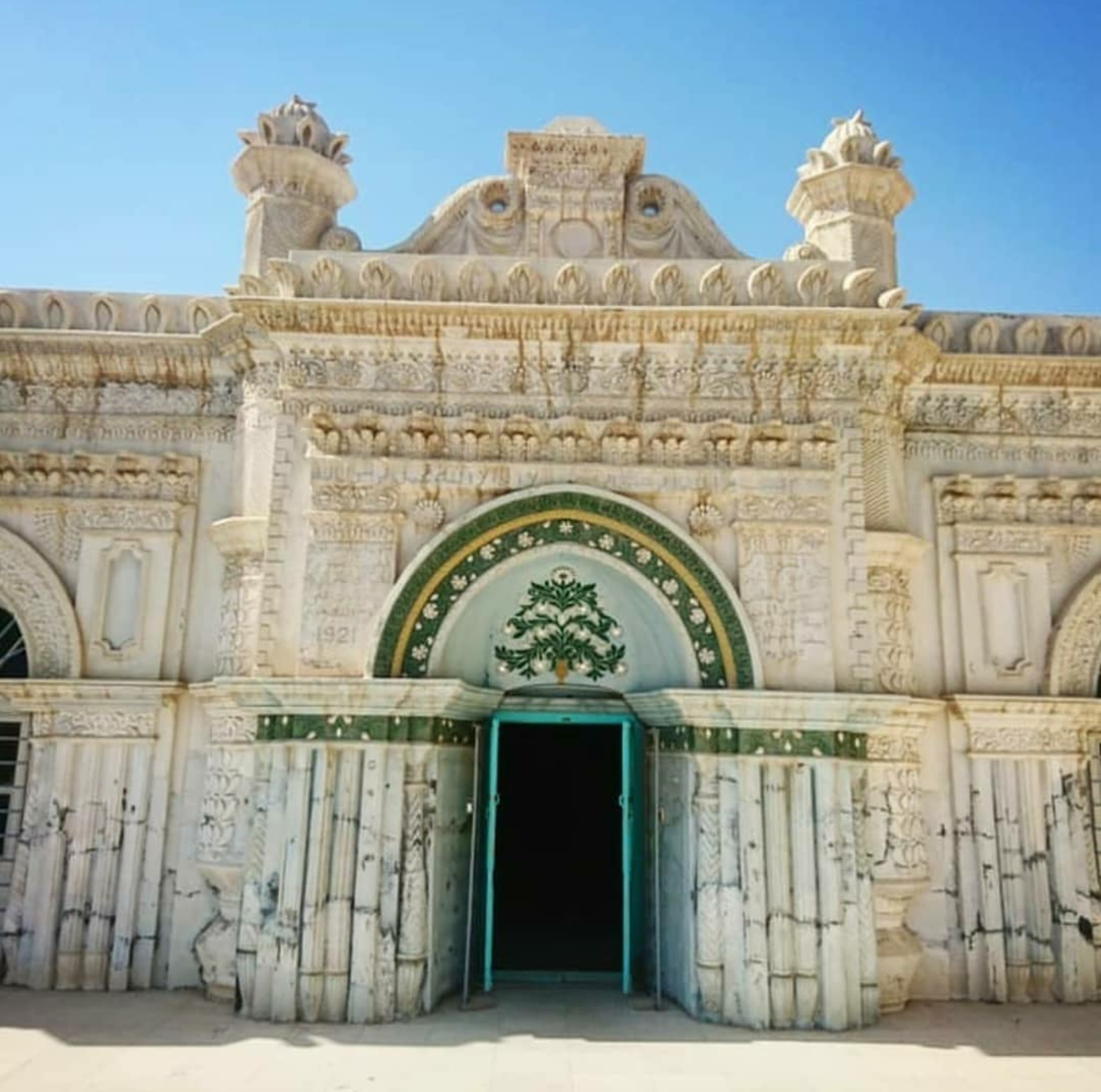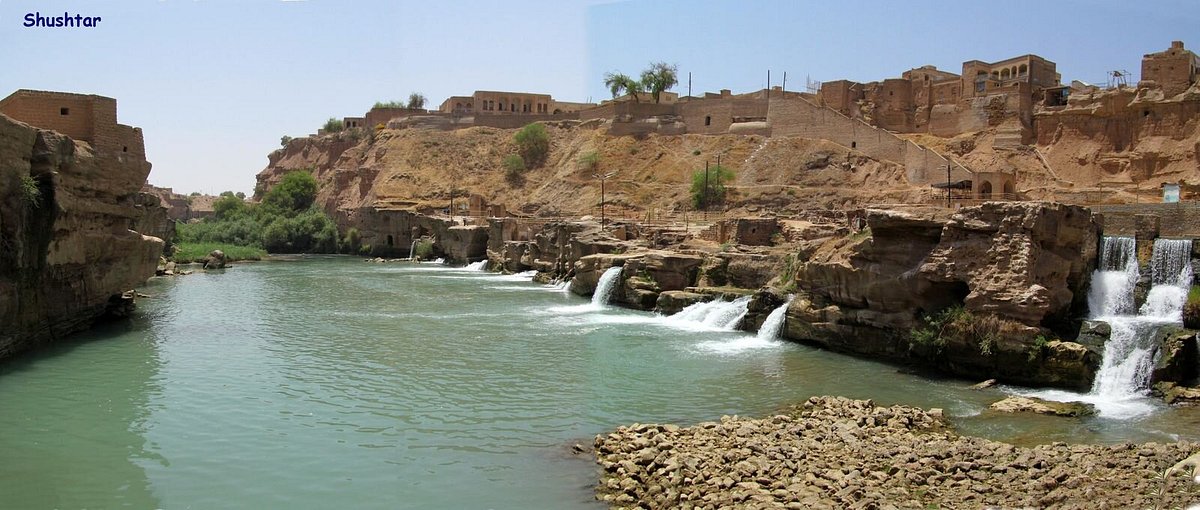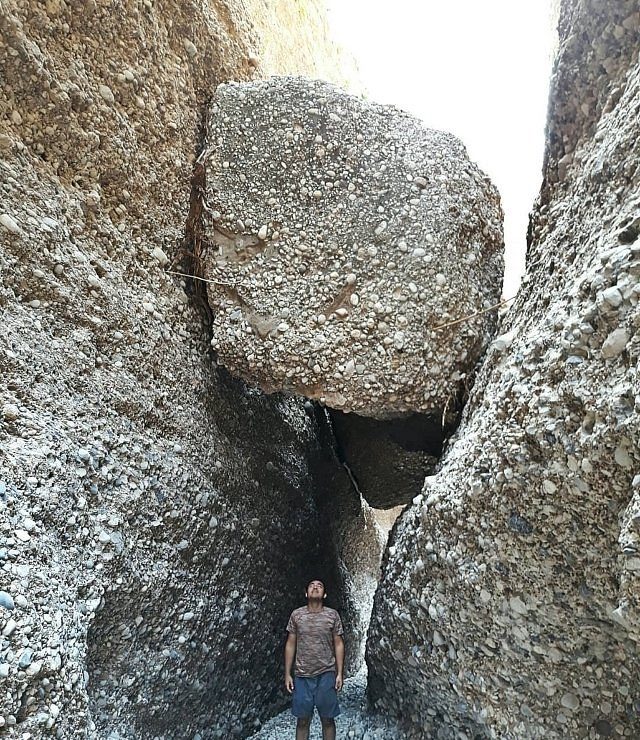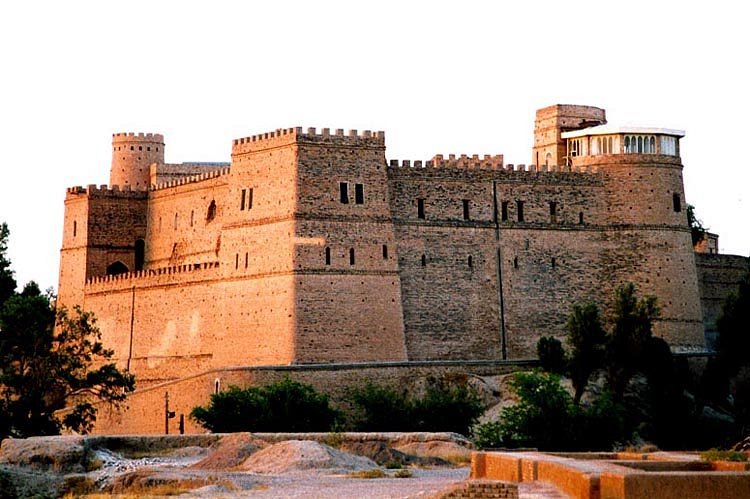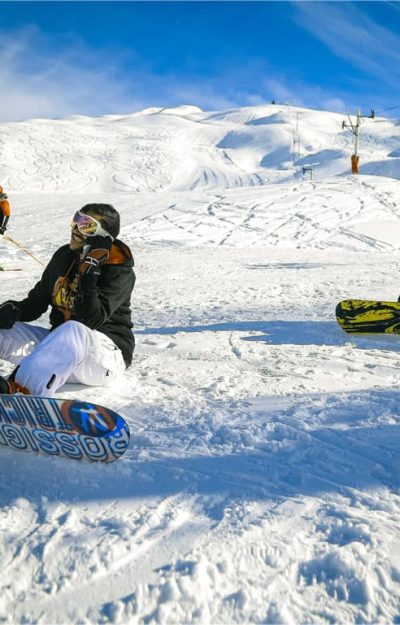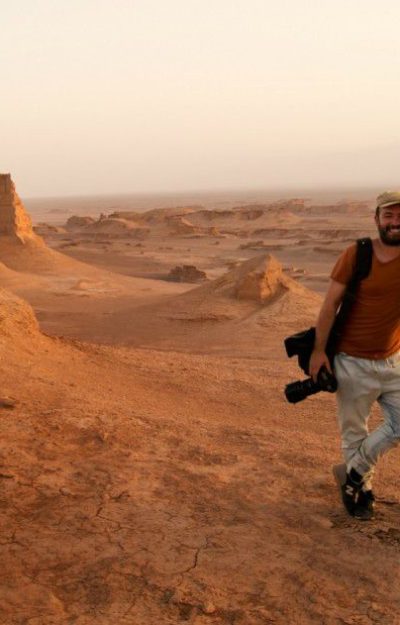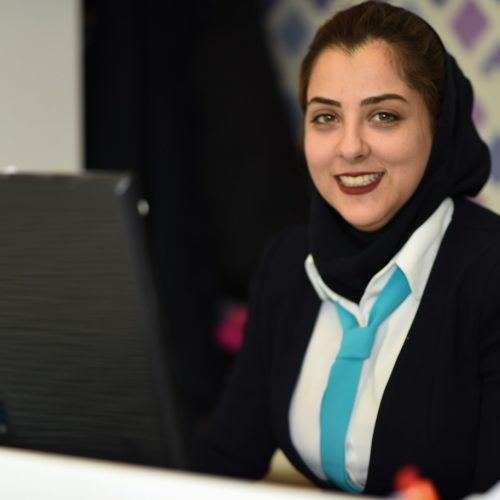Why to visit Abadan?
Abadan is not only an industrial stronghold, fortified by its renowned oil industry, but it also a vessel that cradles a rich and nuanced history. The city, often echoed through the annals of time for its once largest oil refinery in the world, has also borne witness to the ebb and flow of empires, the confluence of cultures, and pivotal moments that have shaped the region. This, intertwined with the palpable remnants of the devastating Iran-Iraq War, entices historians and cultural enthusiasts to delve into the depths of Abadan’s multifaceted past.
Visitors are invariably ensnared by Abadan’s juxtaposition of modernity and antiquity, and the ever-present memory of a city that has risen, phoenix-like, from the proverbial and literal ashes of conflict. The city’s resilience is symbolized in its infrastructural rebirth and the indomitable spirit of its inhabitants, illustrating a vibrant tableau of survival, recovery, and hopeful progression towards the future.
Furthermore, Abadan provides a rich palette of natural and architectural spectacles. The wetlands and rivers encircling the city are not only of ecological significance but also provide tranquil environments for bird watching and gentle boat rides. In terms of architecture, Abadan harbors gems such as the Rezayat Palace, an emblem of days past and a fine example of architectural evolution in the region.
The cuisine of Abadan is a mirror reflecting its rich cultural amalgamation, offering a cornucopia of flavors that narrate tales of historical convergences and divergences. From the aromatic wafts of local herbs and spices to the succulent offerings of local markets, culinary explorers find a haven in the city’s diverse food landscapes.
Engaging with the locals, visitors often find themselves ensconced in the warm embrace of traditional Iranian hospitality, where stories of the city’s vibrant past and ambitious future are shared over steaming cups of tea or aromatic qalyan. Abadan’s people, with their confluence of ethnicities, provide a rich tapestry of cultural narratives, inviting travelers to immerse themselves in the enthralling oral histories and day-to-day lives of those who call this captivating city home.
Whilst Abadan may be frequently overshadowed by more tourist-trodden Iranian cities, it stands as a beacon of exploration for those seeking an undiluted, authentic engagement with a locale that is at once scarred by its past, yet effervescent in its forward-looking optimism. The city is not just an industrial hub, but a living, breathing entity that invites a discerning look into the complex, multifaceted soul of the region. For those who seek to tread paths less traveled and immerse themselves into a narrative woven by the threads of perseverance, history, and rich cultural infusion, Abadan extends its arms in a warm, inviting embrace.
